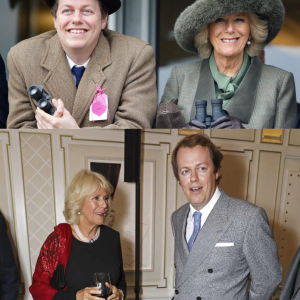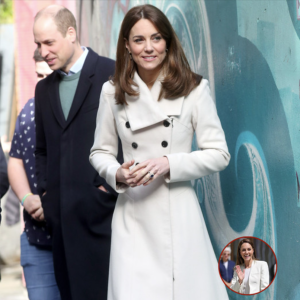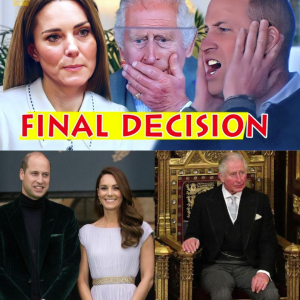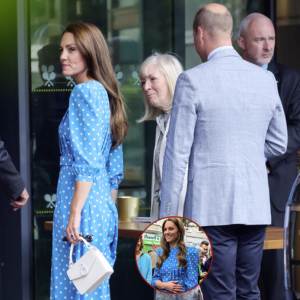Prince Harry is facing intense backlash following his recent ITV interview, with a significant number of viewers expressing fatigue over his persistent complaints about media scrutiny.
The interview, intended to shed light on Harry’s perspective regarding the royal family and the media, has instead sparked widespread criticism and diminished public interest.
The controversy ignited with Harry’s remarks in the ITV documentary, where he suggested that the royal family collaborates with the media.
These claims led to a public outcry, with many criticizing the favorable portrayal of Harry’s narrative.
This backlash highlights the contrasting stories surrounding the royal family’s interactions with the press.

One of the key points of contention is Prince Harry’s assertion that the royal family has been passive in addressing unethical media practices.
Critics argue that this narrative misrepresents the proactive stance taken by Prince William, who played a significant role in exposing phone-hacking scandals.
William’s involvement in these efforts contrasts sharply with Harry’s claims of inaction, undermining the credibility of Harry’s accusations.
Despite Prince Harry’s previous legal victories and the public sympathy he garnered, many viewers are now expressing a growing disinterest in his ongoing grievances about media scrutiny.
Social media reactions reflect this sentiment, with numerous comments indicating that people are tired of hearing Harry’s complaints.
The declining viewership of his ITV interview is a testament to this fatigue, suggesting that Harry’s narrative is losing its impact.
Critics also suggest that Harry and Meghan Markle are attempting to reshape their public image, despite increasing resistance from platforms dedicated to exposing misinformation.
This strategy, which relies on the public’s forgetfulness regarding their controversial claims, is becoming more challenging as opposing voices gain traction.
The dynamic complicates their efforts to control their narrative and maintain public support.
Sources indicate that Harry’s continuous revelations could further damage his reputation and strain his relationships with the royal family.
The royal family, aiming to avoid public controversies and negative press, prefers to distance themselves from media storms.
While some of Harry’s statements may hold validity, the family’s desire to maintain a low profile and avoid scandal contrasts with Harry’s public approach.
The potential for a media blackout could improve the strained relationships within the royal family.
By stepping back from the limelight and refraining from further public grievances, Harry might find a path to reconcile with his family and restore some measure of public goodwill.
However, this would require a significant shift in strategy, focusing on private reconciliation rather than public accusations.
In conclusion, Prince Harry’s ITV interview has backfired, leading to widespread criticism and diminishing public interest.
His ongoing complaints about media scrutiny, coupled with allegations of dishonesty, have strained his reputation and relationships with the royal family.
To mend these ties and regain public support, a more discreet and conciliatory approach may be necessary.





